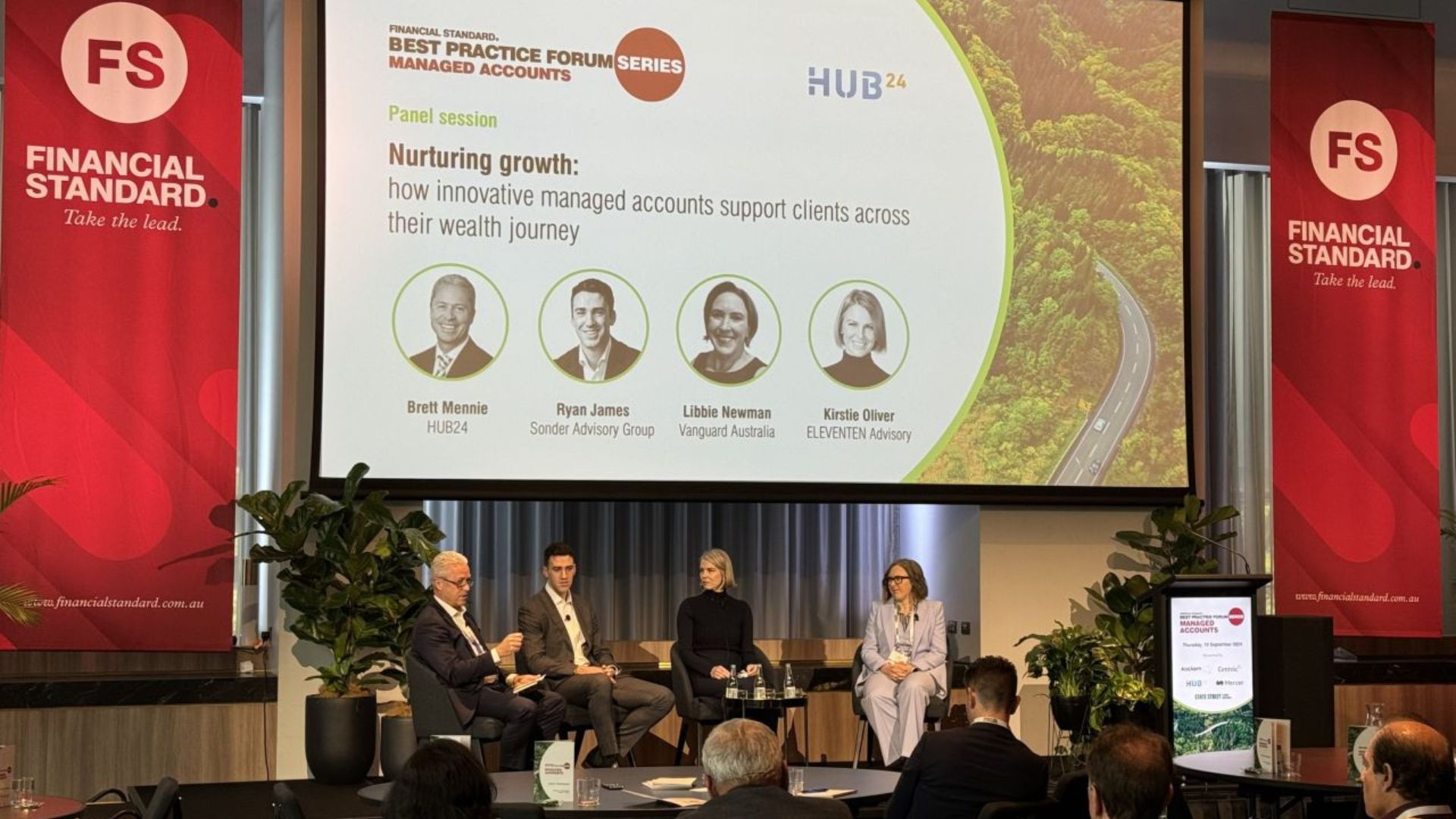Technology should enable advisers to be adaptive and responsive to clients’ needs, so its important advisers understand the underlying technology when selecting a managed portfolio partner.
But keeping up to date with the latest developments in technology is a fulltime job in itself.
The establishment of specialised managed portfolio providers during the past decade has spurred competition and been a primary driver of improved user experience across the sector.
The adoption of adaptable technology has underpinned this increased competition to produce better outcomes for clients and advisers alike. But technology is advancing rapidly, and a solution designed and implemented today can quickly go out of date, becoming an impediment to achieving a client’s long-term objectives.
Advisers need to have confidence the managed portfolio provider they partner with is committed to investing for the long term. An adviser’s relationship with a client may conceivably last several decades, and advisers need to know a managed portfolio provider is committed to investing in the systems and technologies needed to ensure their offering remains efficient and constantly focused on improving client outcomes.
“Moving platform providers is no easy task and can take the focus and time of the advice practice away from seeing clients while they undertake such a transition. This is why advisers and licensees do a lot of work at the due diligence stage in choosing their platform provider, with a view to having a long-term – 10 year or more – relationship. Platforms that can demonstrate technology which adapts to change and offer transition support and training not just to advisers but support staff as well, will win in this space.”
– Ben Moore, vice president of national sales, AB
Whilst the choice of provider depends on satisfying specific client best interests, all things being equal the risks of choosing a provider that does not have a broad offer and enhanced functionality can result in an advice business having to move clients, reducing business efficiency and delivering substandard outcomes for some, not to mention and the disruption caused if forced to move clients from one platform to another, and the possible CGT consequences for those clients.
While the number of players in the managed portfolios space may proliferate in coming years, not all will be created equal, and many offers have only the basic functionality available. Those that prosper, and support advisers and their clients best will be those with a proven technology track record, a proven ability to remain responsive to clients’ and advisers’ needs, and a constant drive to deliver new features and solutions.
Want to know more? Access the full whitepaper The Future of Managed Portfolios click here.




